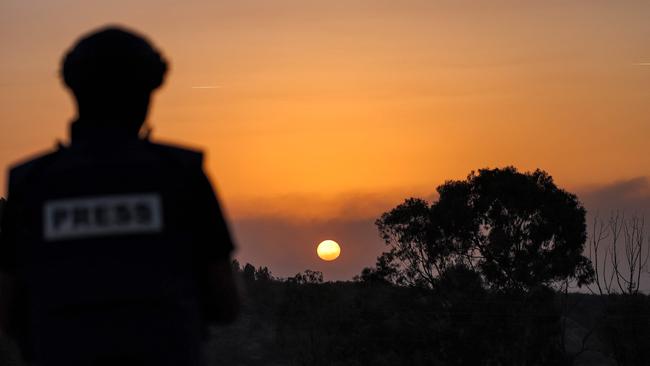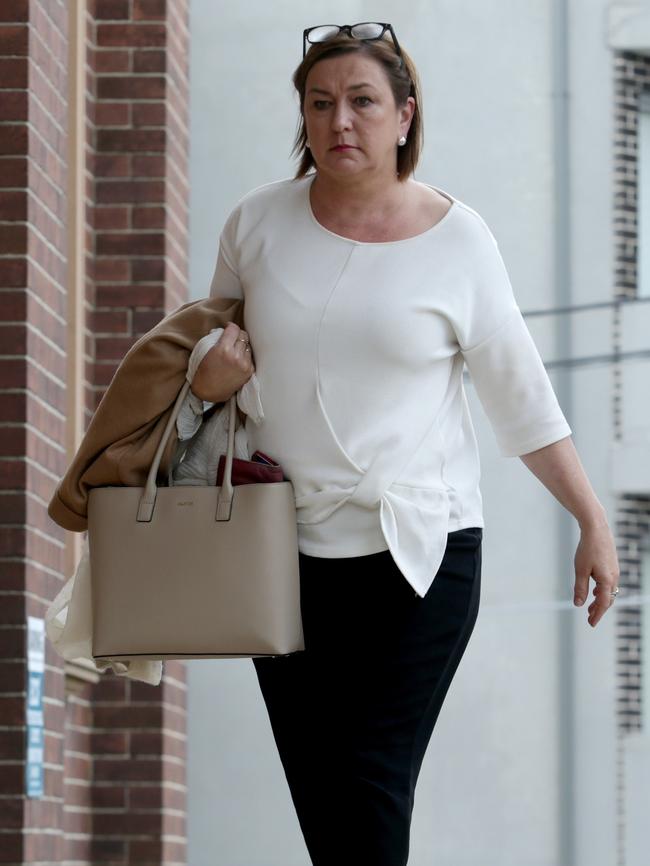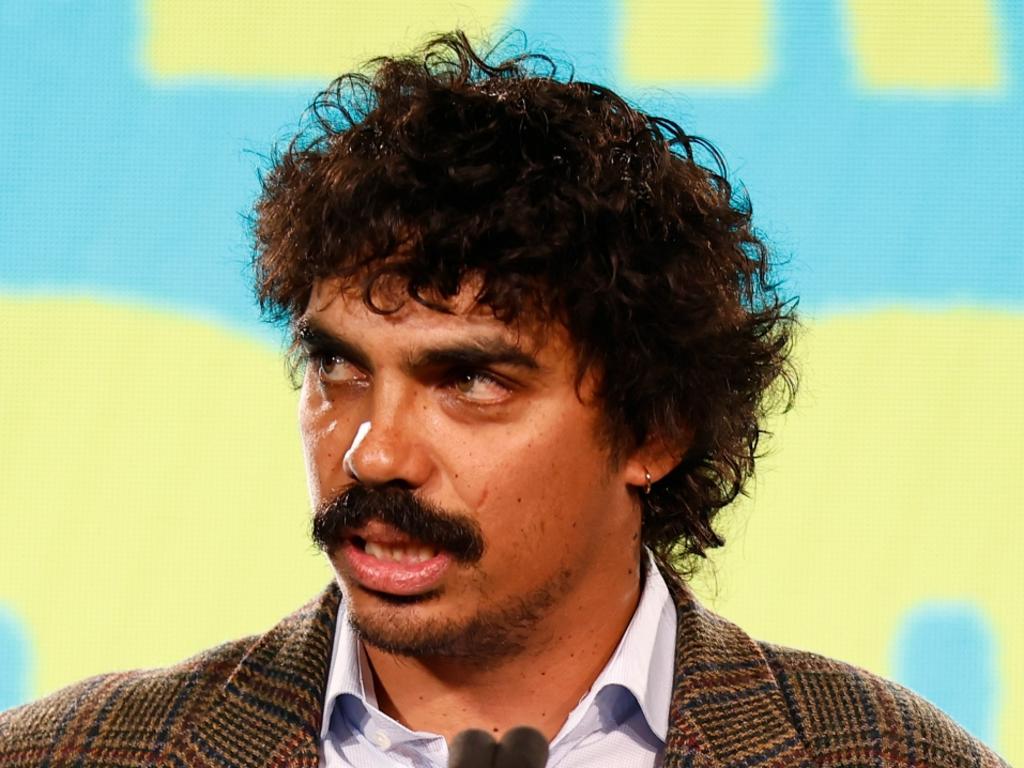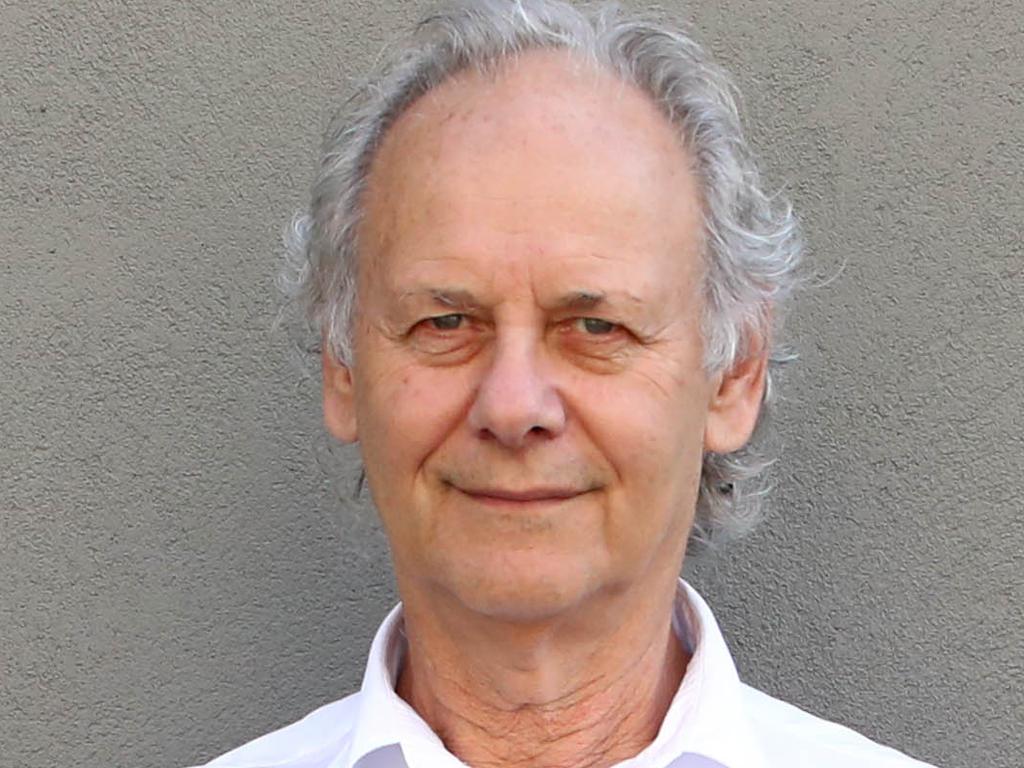
Will journalists choose their professional obligations as reporters to be impartial or their right to express their private views about this long-running conflict?
A group of 270 Australian journalists chose the latter. Journalists and media personalities from the ABC, Guardian Australia and Nine newspapers signed an open letter endorsed by the journalists union, the Media, Entertainment & Arts Alliance, which made their pro-Hamas intent clear.
Even as they described the aim must be “to deliver truth and full context to our audiences”, the journalists picked a side.
While they mentioned Israel’s alleged war crimes and illegal occupations and demanded journalists provide “historical context”, they did not mention that Hamas was designated a terrorist organisation by many governments, including our own.
Neither did they mention that Hamas was an offshoot of the Muslim Brotherhood, nor the sinister role of Iran in using these groups for its own strategic purposes. The effect of their morally confused letter is to excuse terrorists who beheaded babies, murdered families and kidnapped civilians. This is not journalism. But at least almost 300 journalists have outed themselves as political activists first, journalists second.
The response to this letter provides even more important insights into our media. To its eternal credit, Nine’s editorial news team led by the editors of its major mastheads, Bevan Shields, Patrick Elliget, David King and Tory Maguire, immediately announced that to ensure readers could have confidence that reporters’ personal agendas did not influence reporting, any Nine journalist who signed the letter was henceforth banned from reporting on the war.
This was in the best traditions of the profession and echoes the BBC’s stance banning journalists from participating in social media debates on political matters. In its determination to ensure its journalists are not only impartial in fact but also are seen to be impartial, the BBC recently announced its journalists were not permitted to join a march in London protesting against anti-Semitism, just as, in the current climate, it would prohibit them from a pro-Palestinian march.
The Guardian, it seems, is still wrestling with which way to go, which sends a message in itself.
No dillydallying at the ABC though. Showing reliable predictability, the tax-funded public broadcaster, with its statutory duty of impartiality, responded with a slap of limp rucola.

ABC news director Justin Stevens said: “Signing this petition may bring into question your ability to cover the story impartially.” You don’t say. In other words, ABC editorial chiefs gave a warning that can, and will, be ignored with impunity at the ABC. Remember this is the organisation that has proven hopeless at ensuring journalists do not use X (formerly Twitter) to air personal views that undermine the impartiality of the ABC.
After Laura Tingle tweeted about the “ideological bastardry” of the Morrison government and received a slap, Patricia Karvelas posted a photo of herself fan-girling federal Indigenous Australians Minister Linda Burney as a “legend” during the voice debate campaign. She got a slap, too.
Why do senior, high-profile ABC journalists need reminding that if they wouldn’t say it on RN Breakfast or 7.30, respectively, best they not say it on social media? No wonder some junior journalists follow their poor lead.
The ABC’s descent into campaign journalism has accelerated in recent years. Its #MeToo campaigns on flagship programs looked much more like an attempt to get rid of the Morrison government than an impartial look at deep social and cultural problems.

And that was outdone by the ABC’s single-minded advocacy of the voice. Day after day after day, listeners were left in no doubt about the political views of high-profile ABC journalists on the matter. Impartiality at the ABC may be at rock-bottom today, but it has been a long and public downfall from grace. The big problem at the ABC has been the staff run the place, meaning management and the board are irrelevant.
I recall my early days on the board when journalists would fawn over me – touching me at functions to see if I was warm-blooded, while flattering me. But, then, if they can’t duchess you into submission they ignore you. I decided being ignored was the lesser of two evils. I repeat this memory for the purpose only of reminding those slow on the uptake about poor quality journalism at Aunty, that the place has been run by staff for a long, long time.
The departures of the professional ones – Tom Switzer is the latest to go – means we can see even more clearly that the zealots, young and old, left at the ABC have no clue what it means to be devil’s advocate. For them, scepticism is the name of a one-way street – they go down it only when prosecuting an issue or a person with whom they disagree.
This week, former ABC staff-elected director Ramona Koval revealed that during a recent ABC staff meeting with executives, some journalists wanted to use “genocide” and “ethnic cleansing” in their reporting, and said they were “upset by the reporting of the war”.


This, says Koval, prompted one executive to agree to go away and think about what could be done.
“What are they running, a kindergarten?” Koval wrote in The Australian on Monday. “They should have said feelings have nothing to do with reporting. Leave your feelings at home and if they can’t, then get another job where feelings can be the driver. Like folk singing.”
Without wanting to be ungrateful to the Johnny-come-latelys, I would point out that those progressives, who were completely relaxed about campaigning journalism at the taxpayer-funded public broadcaster, when they agreed with a particular campaign, are somewhat compromised when they now complain about partisan reporting because it infects a subject such as Israel-Gaza on which they do not share progressive positions.
I am pleased that Koval is now publicly concerned about partisan reporting of Israel, but I recall when I was on the board that we often received reports showing regular “errors” in the ABCs reporting of matters to do with Israel, and like some weird editorial spell on ABC journalists, every error by them worked against Israel.
It would have been more helpful if Koval had joined me in my attempts to introduce balance and accountability at the ABC on a range of issues when we both sat on the ABC board many years ago. After all, this problem did not start on October 7.








The reporting of the Israel-Gaza war raises squarely the clash of private rights and public duties of journalists.